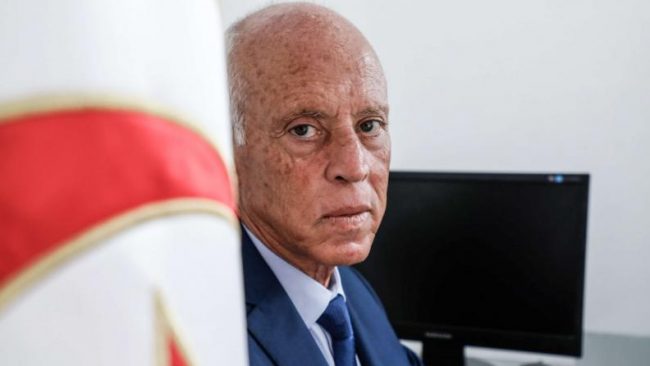Tunisia, in financial difficulties, could lose tens of millions of euros on Tuesday from the embezzlement of former President Zine El Abidine Ben Ali and stranded in Switzerland.
Tunis would have completely ignored appeals from Swiss authorities for a year before waking up a few days before the expiration date of the Ben Ali clan’s assets freeze. Tuesday February, 19th at midnight, more than 265 million euros at least could return to the pockets of the wife of the former president and between 30 to 50 people belonging to their clan after the expiration of the freeze of these assets, indicated a Tunisian official at AFP.
According to the Swiss NGO Public Eye, the Ben Ali clan would have sent 320 million dollars (265 million euros) to Geneva during the 2000s, but these sums could be even more important since the relatives of the late former president at 83 years old in 2019 in exile in Saudi Arabia had remained in power until 2011 after 23 years in power.
At the time, five days after the flight of the former president, ousted from power on January 14, the Swiss Federal Council ordered the preventive blocking of assets in Switzerland of Ben Ali and his entourage, a freeze whose deadline legal can go up to ten years. “The Swiss Federal Council announced that the administrative freeze of part of the assets of the Ben Ali clan would end on January 19 at midnight, this was notified to us through diplomatic channels”, explained to the Adp an official of the Tunisian presidency having requested anonymity.
He said the Tunisian presidency was in contact with the Swiss authorities who, he said, understand Tunis’s concerns but who believe that “it will be difficult to do something by Tuesday”. If nothing is done by then, Ben Ali’s wife Leila Trabelsi and brother Belhassen Trabelsi “could get the money back,” said the Tunisian presidential official.
And for good reason, these judicial cases in Tunisia are still lagging behind. Tunisia will only be able to recover this money if the cases are resolved, according to the demands of Switzerland, which wants final judgments. The Swiss daily Le Temps, indicated that the Federal Department of Foreign Affairs (FDFA) “has given the new Tunisian authorities the time necessary to set up judicial cooperation with Switzerland”.
The Tunisian source explained the delay in resolving cases by the political instability in Tunisia in effect since the revolution in 2011, and the succession of nine governments has complicated the handling of this case. “During the past year, the Tunisian authorities have been made aware by the Swiss authorities on several occasions and at various levels of the imminent expiration of the administrative blockade,” the FDFA told Le Temps.

